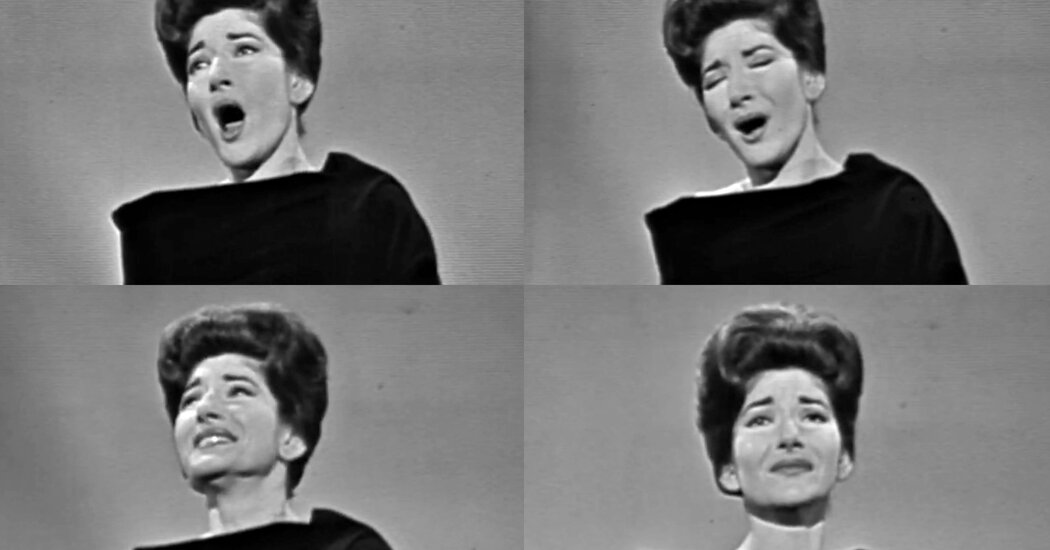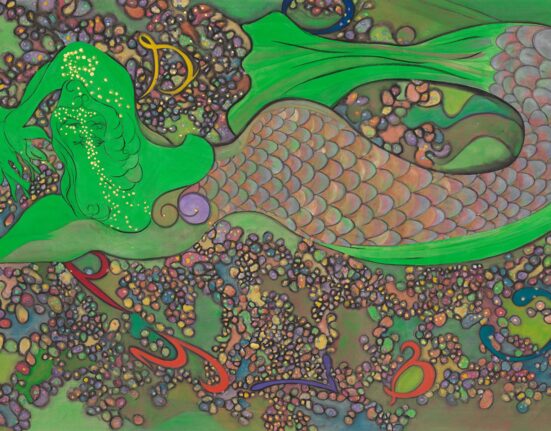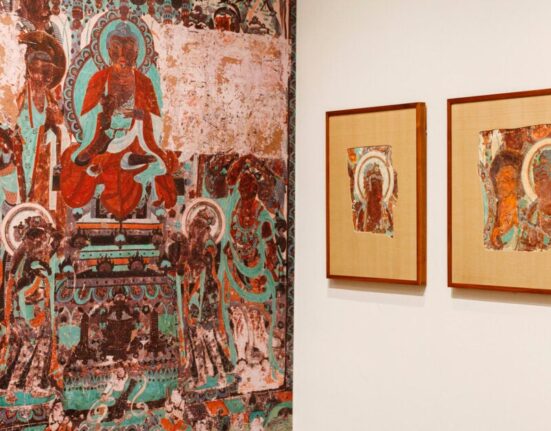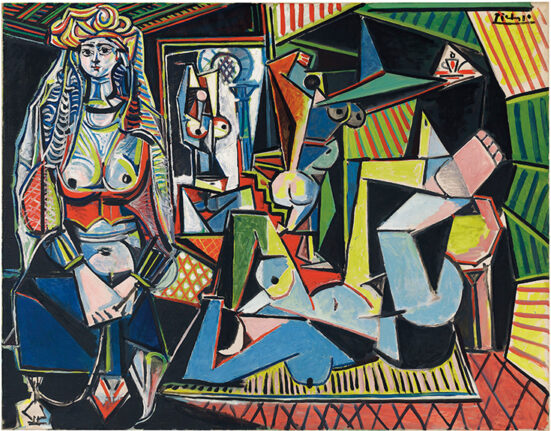She left her husband for the shipping magnate Aristotle Onassis, largely giving up performing in the process. When Onassis eventually married Jackie Kennedy instead, Callas was alone and bereft, without either the vocation that had given her purpose or the man who had replaced it. Living mostly in seclusion, though always harboring hopes of returning to the stage, she became for many a kind of saint or martyr, an embodiment of the hopelessly loving, direly abandoned characters she had played.
“Until the end,” a friend said, “she continued her vocal exercises.”
As Callas’s life fades ever further into the distance, her voice is more and more what we are left with. “Generally, I upset people the first time they hear me,” she told a biographer, “but I am usually able to convince them of what I am doing.”
Francesco Siciliani, an impresario who engaged Callas as she rose in the late 1940s, was right when he said, “Parts of the voice were beautiful, others empty.” But the flaws that grew more prominent over time — the thinnesses and wobbles, the metallic harshness and questionable intonation — were, as she knew, usually convincing, not least because her sound, for all its troubles, was so instantly recognizable, and such a perfect vessel for extreme emotion. There was always that sense of every phrase being considered, without feeling studied — of a voice with a purpose.
We can see from photos the amazing ability of her face — and, perhaps just as important, her hands — to capture anguish, authority and charm. But among the most pernicious stereotypes about Callas is that she was an actress who could barely sing, who got by on charisma alone.
The records disprove this. Listen to her tender “O mio babbino caro.” Listen to her delicate yet commanding “D’amor sull’ali rosee.” She was always a bel canto singer at heart. In the early 1970s, when she led a series of master classes at the Juilliard School, a student defended herself after a bad high note by saying it was meant as a cry of despair.







